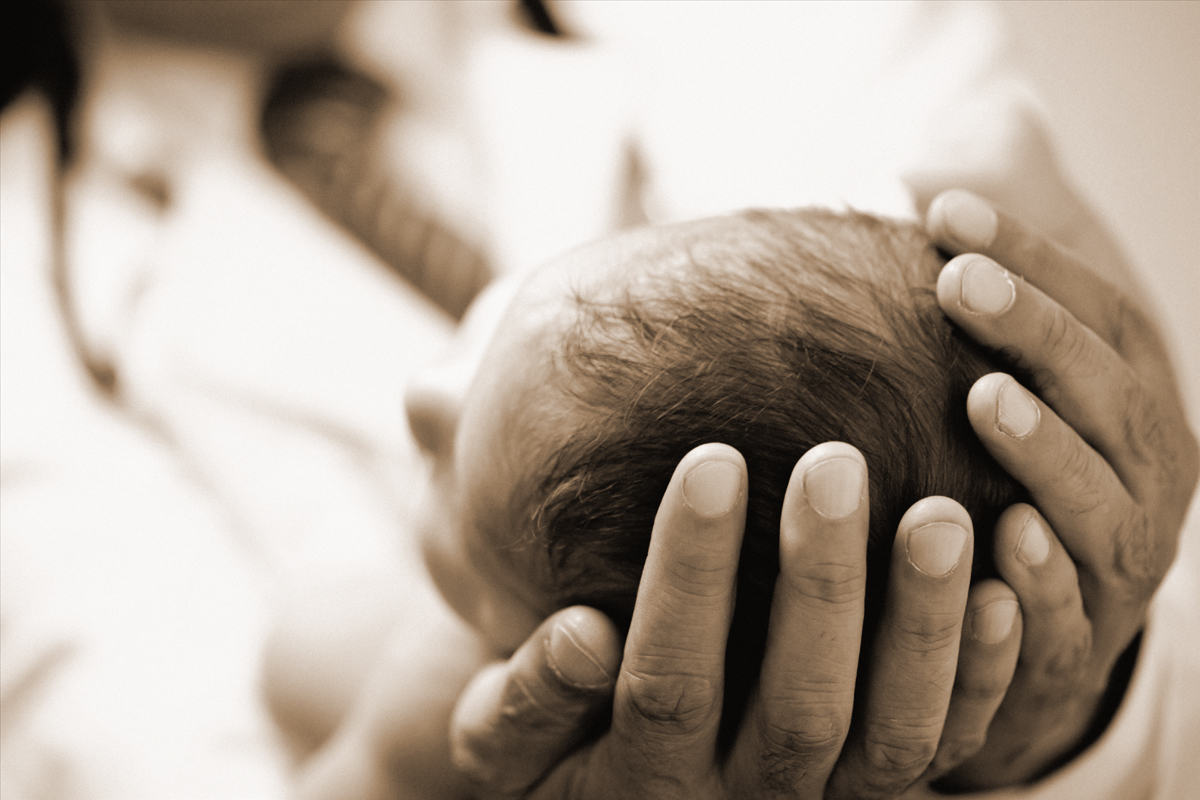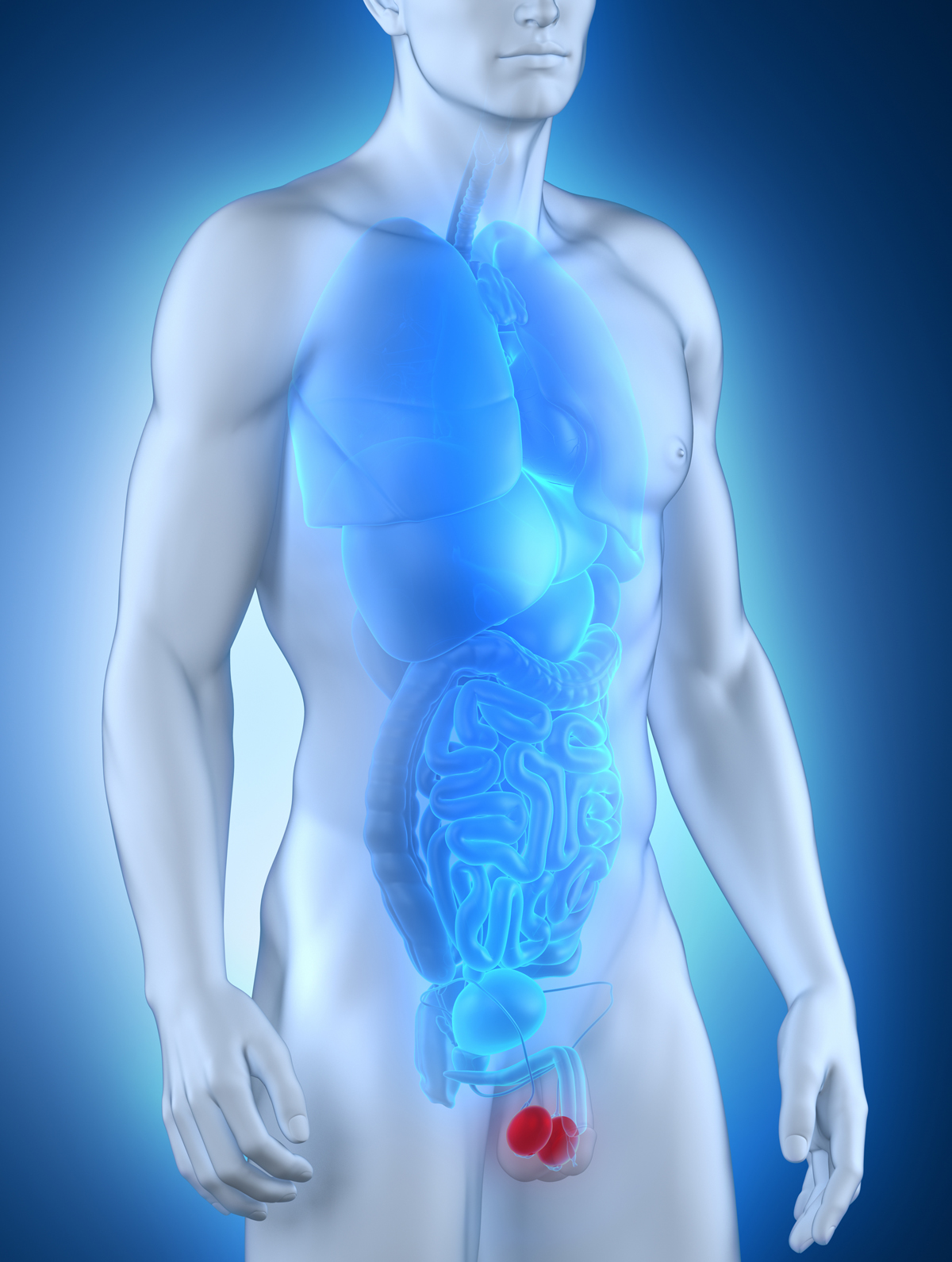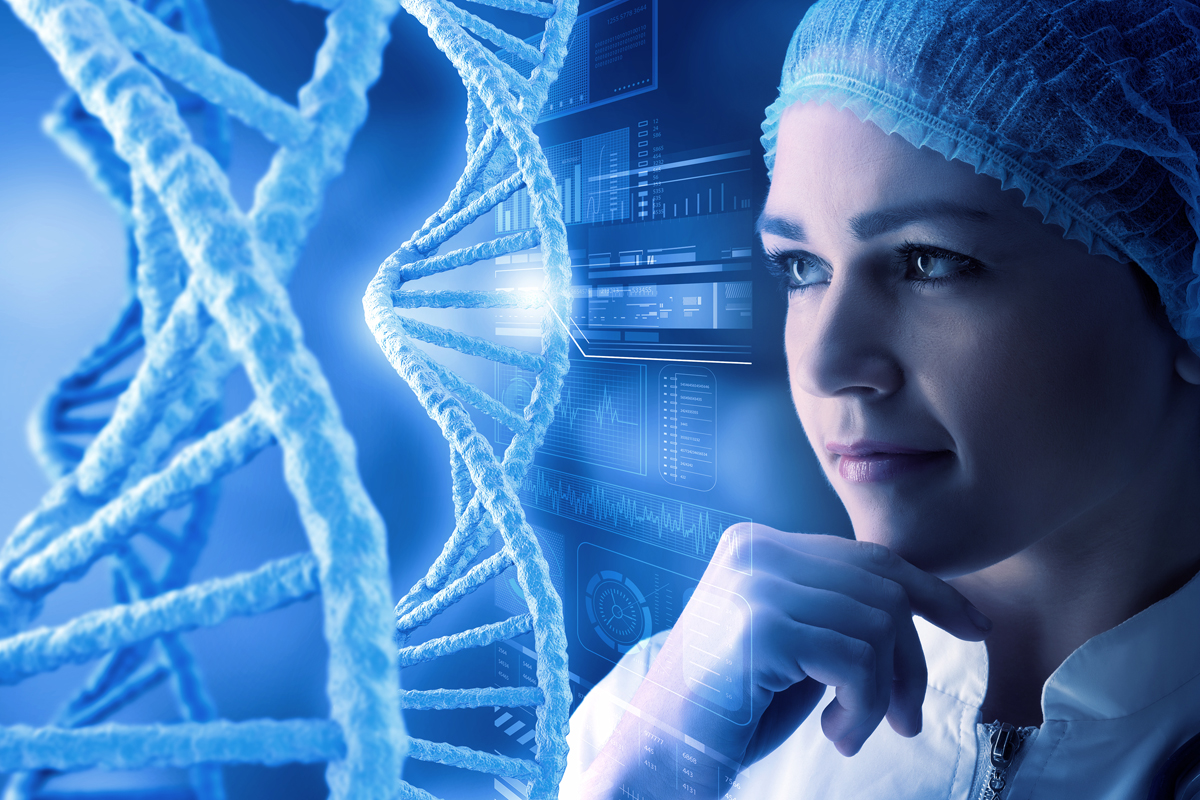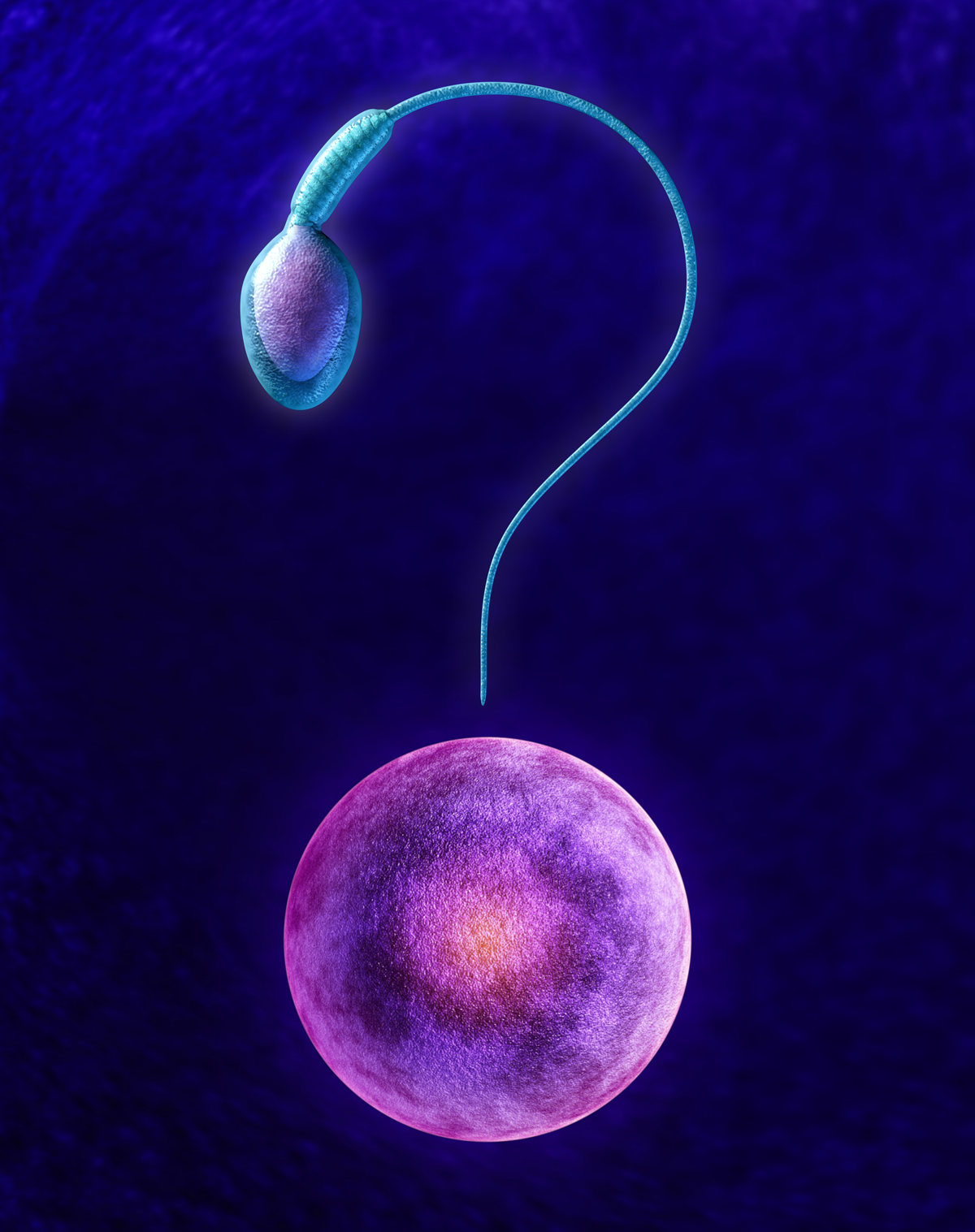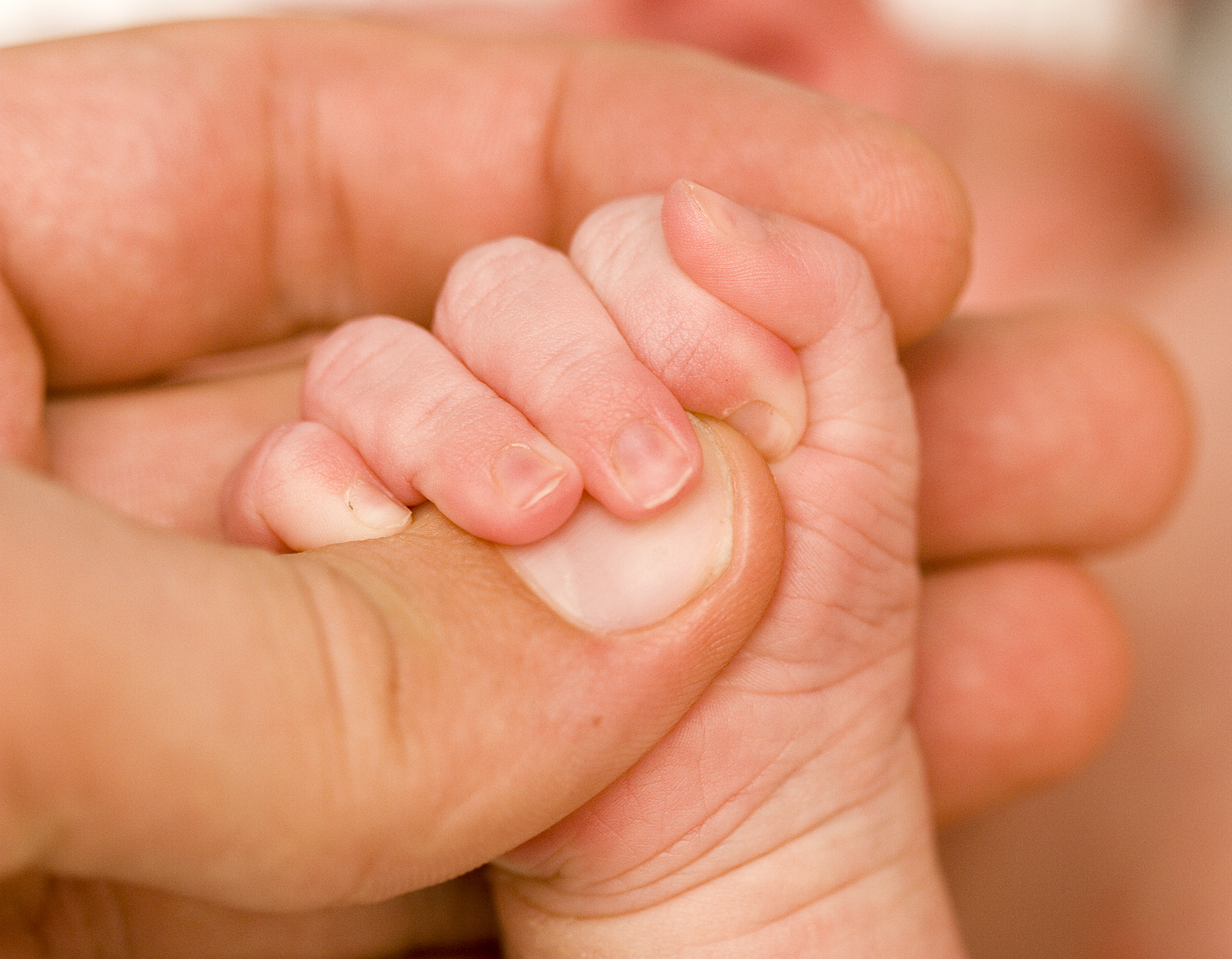
Posts by
Rene Winsauer
Alle Autoren
Affordable fertility treatment – today and tomorrow
August 3rd, 2020“How can we make it happen? Can we even afford it?” …
Especially in difficult times like these, when the coronavirus pandemic is causing widespread economic and social insecurity, such considerations are thoroughly understandable. Many couples who wish to have children may have similar concerns, particularly in situations where costs are incurred long before the child is born.
This applies, above all, to couples facing infertility issues that require the use of assisted reproduction techniques (ART). Needless to say, that the financial aspects play a central role for couples considering IVF treatment. Today, these couples may benefit from public financial support as well as from health insurance benefits.
Comments Off on Affordable fertility treatment – today and tomorrow
“And here she is… THE LOVELY LOUISE”
June 25th, 2019… was the headline in the British “Daily Mail” many years ago, because in 1978 Louise Brown was born in Oldham (GB). She was the world’s first so-called “test-tube baby” – that is to say, the first human born as a result of in vitro fertilization (IVF). By her birth, the world celebrated a major milestone in assisted reproductive technology, while at the same time offering hope to countless couples.
Back then, the physiologist Robert Edwards and the gynecologist Patrick Steptoe performed the “artificial insemination”. This laid the foundation for today’s reproductive medicine. In 2010, Edwards was awarded the Nobel Prize in Medicine for the development of in vitro fertilization.
Meanwhile, most of the first “test-tube babies” are parents themselves – the same is true for Louise Brown who has written a book about her life. Artikel lesen
Comments Off on “And here she is… THE LOVELY LOUISE”
“I’m not a real woman, because I’m not able to have children”
April 15th, 2019Women and their partners – who, for a long time, have been struggling in vain to conceive – talk about the above and many other thoughts and feelings associated with their situation.
It is in particular the social environment that fuels such thoughts by quotes like: “Now you are married. And what about…? When will you finally have a baby?”. One feels embarrassed and even slightly ashamed and does not know how to deal with the fact of not being able to get pregnant while other couples seem to have no difficulties at all.
According to statistics, one in five couples is in a similar situation, i.e. affected by unintentional childlessness. So, what could be done? Artikel lesen
Comments Off on “I’m not a real woman, because I’m not able to have children”
Spermiogram
| What’s possible nowadays when it comes to the assessment of male fertility
February 20th, 2019
The causes of unwanted childlessness may vary widely from one couple to another and therefore require an individual approach. This is why the male factor is moving more and more into the focus of attention of science.
Today, we know that spermatozoa ought to be investigated with considerably greater accuracy in order to recognize any possible disorders. Such disorders might have an impact on the fertilization of the ovum, on embryonic development and possibly also on the health of the child.
What is a spermiogram?
A spermiogram (semen analysis) enables to obtain an overview regarding male sperm quality by analyzing and evaluating the semen in the laboratory by means of special methods and technologies. The results obtained provide information on a male’s reproductive capacity. Artikel lesen
Comments Off on Spermiogram | What’s possible nowadays when it comes to the assessment of male fertility
“What can we expect from the IVF center of our choice?”
| FAQs on the services and quality standards of a fertility clinic, using the IVF Centers Prof. Zech as an example
December 10th, 2018
When it comes to choosing an IVF center, most people´s decisions are based on the pregnancy rate obtained by the center in question. This is quite understandable. However, one should be careful not to rely on one single success parameter, but first ask the following question: “What can we expect from the IVF center of our choice?”
This means that certain requirements pertaining to the IVF center need to be clarified in advance, thus ensuring that the treatment provided is suitable to bring about a successful pregnancy outcome.
Prof. Dr. Herbert Zech, an experienced physician and founder of the IVF centers of the same name, answers to the most commonly asked questions by couples seeking fertility support. Artikel lesen
Comments Off on “What can we expect from the IVF center of our choice?” | FAQs on the services and quality standards of a fertility clinic, using the IVF Centers Prof. Zech as an example
IVF treatment with PGD/PGS might be an option for infertile couples who, despite all efforts, have still not become pregnant and whose diagnostic findings seem to be linked to the failure. However, the option is only available for couples who meet all the medical and legal requirements.
Basically, there are two terms for the aforementioned investigations, though referring to two distinct techniques (for more details see “links”). On the one hand, there is “Pre-Implantation Genetic Diagnosis” (PGD) – in German-speaking countries also referred to as “Pre-Implantation Diagnosis” (PID). On the other hand, there is “Pre-Implantation Genetic Screening” (PGS). These are analytic diagnostic procedures that may, for instance, be used in cases of individuals who are known carriers of a genetic disorder and/or have a history of a genetic disease in the family, recurrent miscarriage or multiple failed IVF attempts.
This underlines the importance of ensuring comprehensive consulting and clarification of the couple’s initial situation by an experienced medical specialist. Dr. Maximilian Murtinger, Medical Director of the IVF Centers Prof. Zech – Bregenz, is familiar with the questions that preoccupy the couples concerned: Artikel lesen
Comments Off on “What are our chances of achieving a pregnancy resulting in the birth of a healthy child?” | FAQs on genetics within the context of fertility treatment
Hello “little polar bear”!
Cryo cycle after IVF
June 18th, 2018
“It had finally worked out and I became pregnant with our little ‘polar bear’. Since yesterday, we are the proud parents of a healthy baby girl and we couldn’t be more thrilled.”
In this way or in a very similar one, couples talk about their experiences gained during IVF treatment involving a so-called ‘cryo cycle’. The procedure comprises the initial freezing of the embryo (fertilized oocyte in the early stages of its embryonic development) in order to thaw it at a later point in time and transfer it to the uterus (embryo transfer).
But why does the attending doctor opt for this kind of therapy? Artikel lesen
Comments Off on Hello “little polar bear”! Cryo cycle after IVF
Close to nature
| IVF treatment involving blastocyst culture
April 6th, 2018
The aim of this medical specialty can already be inferred from the term Reproductive Medicine. It means understanding and copying nature right down to the smallest details, i.e. supporting human procreation using medical-technical procedures designed to help sub-fertile couples. Based on current scientific knowledge, an important role is played by a treatment option called blastocyst culture.
During a thorough medical consultation at the beginning of each fertility treatment, the doctor, together with the couple, will decide on the most suitable form of treatment, based on laboratory results, diagnostic findings etc. Details on the medical indication, legal framework conditions as well as on the sequence of the treatment will also be taken into account during this consultation. Artikel lesen
Comments Off on Close to nature | IVF treatment involving blastocyst culture
“What are the situations where egg donation may help?”
| FAQs on egg donation
February 27th, 2018
There are a variety of reasons why couples may want to use donated eggs to fulfil their dream of having a child. There are situations where couples cannot achieve a successful pregnancy with the woman’s own oocytes (e.g. cancer treatment, genetic diseases, premature menopause) and may therefore decide to try for conception with donor eggs and IVF.
First, however, each couple’s initial situation has to be assessed in a professional and comprehensive way and any questions the couple may have must be answered. MUDr. Libor Hradecký Ph.D., the Medical Director of the IVF Centers Prof. Zech in the Czech Republic, for instance, would be pleased to welcome you in Pilsen and provide you with detailed consultation. For 15 years now, he and his Pilsen-based team have helped couples realize their dream of having a child through donor egg IVF.
As an experienced practitioner of reproductive medicine, he is well aware of the questions preying on the minds of the couples concerned: Artikel lesen
Comments Off on “What are the situations where egg donation may help?” | FAQs on egg donation
An impuls towards parenthood
Hormonal stimulation in fertility treatment
December 11th, 2017
Precisely tailored to the woman’s individual situation, her body is prepared for pregnancy prior to receiving fertility treatment. The ovaries are stimulated with hormones, which is an important first step towards the long-awaited child.
The targeted administration of hormones is intended to induce the maturation of multiple follicles, each containing an oocyte. In medical terms, this kind of treatment is referred to as ovarian stimulation (→ details). Artikel lesen
Comments Off on An impuls towards parenthoodHormonal stimulation in fertility treatment
Glossary
Glossary of terms used in reproductive medicine
AMH - Anti-Mullerian Hormone | Artificial Insemination | Assisted Hatching | Azoospermia | Blastocyst | Blastocyst Culture | Carcinoma | Cryopreservation | Egg Donation | Ejaculate | Embryo | Embryo Transfer | Endometrium | Endometriosis | Follicle | Follicular Puncture | Hashimoto's Thyroiditis | Hysteroscopy | ICSI | Implantation | IMSI | Infertility | Insemination | ISME-T | IVF | Karyogram | Miscarriage | OHSS | Oocyte | Ovarian Stimulation | Ovary | Ovarian Insufficiency | PCOS | PGD | PGS | Progesterone | Social Freezing | Sperm Donation | Spermiogram | TESE | Fallopian tubes | Uterus | Vitrification | Zygote |FAQ
TOPIC-SPECIAL

Infertility
• Possible causes in women• Possible causes in men
• Why is age a reason for?
• Psychological help

Aspects in fertility treatment
• Spermiogram• Testicular Sperm Extraction (TESE)
• Hormonal stimulation
• IVF / ICSI / IMSI
• Blastocyst culture
• Cryo cycle
• Genetics (PGD/PGS)
• Egg donation
• Supportive measures
• "Social Freezing" / "Medical Freezing"
TOPIC-SERIES
Fertility treatment procedure
Part 1 | Initial ConsultationPart 2 | Ovarian Stimulation
Part 3 | Ultrasound Scan
Part 4 | Egg retrieval
Part 5 | Embryo Transfer
→ Infographic
Success rate - What to look for
Part 1 | "What does this mean for us?"Part 2 | Assessing the chances
Part 3 | Pregnancy rate
Part 4 | Implantation rate
Part 5 | Cumulative pregnancy rate
Trying to conceive after a miscarriage
Part 1 | Dealing with the LossPart 2 | What is actually meant by miscarriage?
Part 3 | Support through hypnosis






